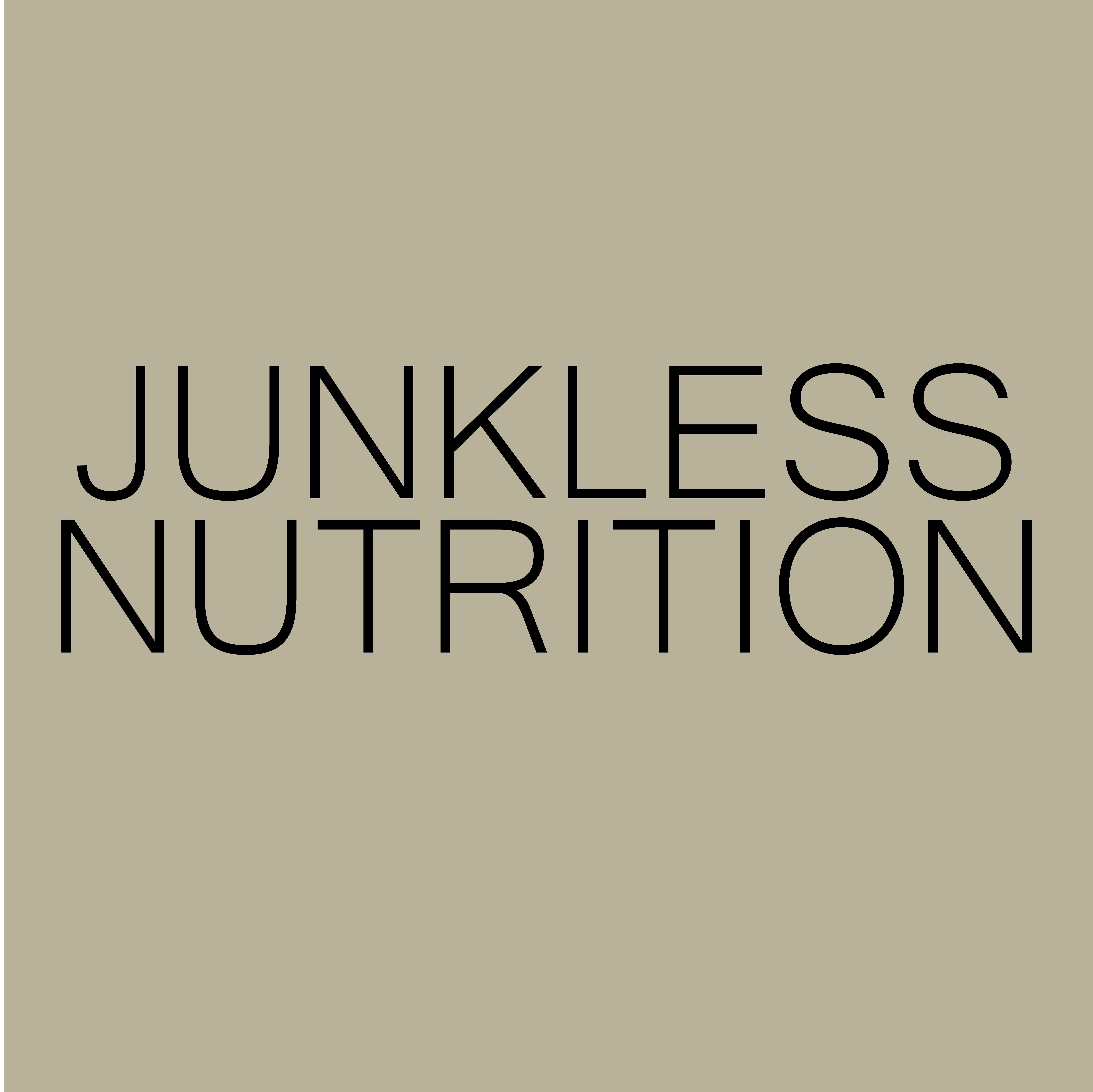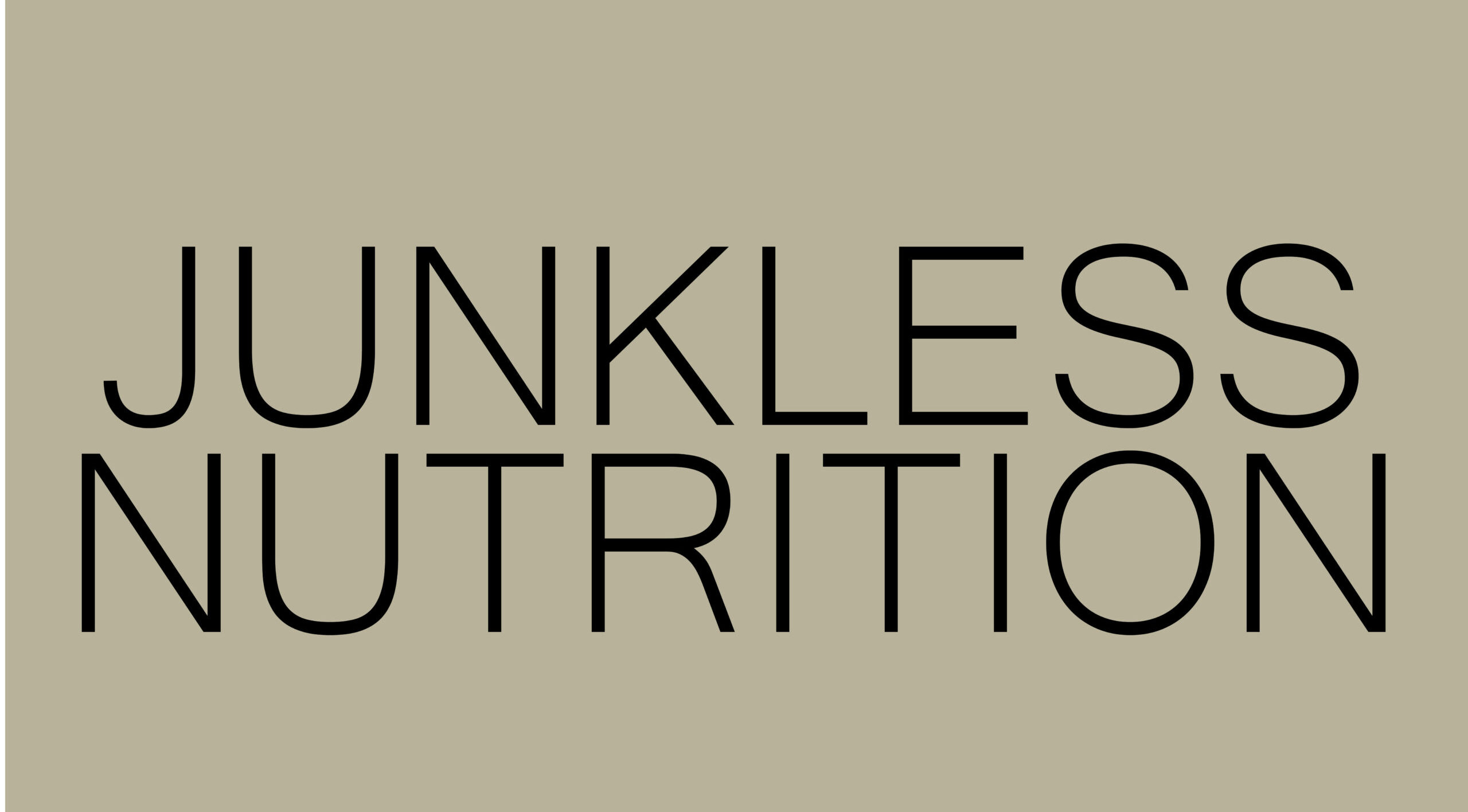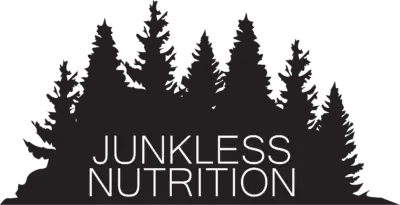What is testosterone?
To understand how herbs boost testosterone we need to know what testosterone is. Testosterone is one of the important sex hormones produced by the pituitary gland in your brain near the hypothalamus. The pituitary gland is only the size of a pea but is responsible for making several hormones that tell other system glands to release their hormones.
Hormones are chemicals that carry messages throughout your body in your bloodstream to the tissues and organs. They communicate with their target cells to bring out a change or effect on that cell and surrounding cells. The pituitary gland relays hormones to the testes to produce more testosterone. This hormone aids in the development of male growth and masculine characteristics. When testosterone levels become high, the brain signals to the pituitary gland to reduce production. However, for women, testosterone is mainly produced by the ovaries and adrenal glands which we will discuss later.
Testosterone hormone has many functions including:
-
Bone growth
-
Mood
-
Muscle size and strength
-
Sex drive
-
Sperm production
Hormones in the anterior pituitary gland
As stated, the pituitary gland makes a range of hormones. Some of these hormones affect your body while others indirectly affect target cells by first stimulating other endocrine glands.
These are called tropic hormones.
-
Adrenocorticotropic hormone (ACTH): ACTH hormone is a tropical hormone that stimulates the adrenal glands. The adrenal gland regulates two different hormones called cortisol and androgen. Stress is what stimulates ACTH (Stress hormone)
-
Follicle-stimulating hormone (FSH): This is known as the gonadotrophic hormone that stimulates sperm production in males and egg development in females.
-
Growth hormone (GH): GH stimulates growth in children and maintains healthy muscles and bones in adults. GH also impacts the metabolism.
-
Luteinizing hormone (LH): A gonadotrophic hormone managing the function of the ovaries and testes. In women, high levels of LH cause ovulation in the early stages of pregnancy. In men, LH stimulates the testes to produce testosterone.
-
Prolactin: With many functions in the body, its main function is for lactation and breast tissue development, called Mammary alveoli. For males, it enhances testosterone secretion and the production of semen.
-
Thyroid-stimulating hormone (TSH): Hormones that stimulate the thyroid. Thyroid glands produce three hormones that tell cells in the body to work harder and require more energy.
-
Antidiuretic hormone (ADH, or vasopressin): Regulates water and sodium in the body by controlling the kidneys’ ability to reabsorb water.
-
Oxytocin: For women, this stimulates contractions during birth and lactation. In men, Oxytocin aids in pushing semen forward for ejection as well as the production of testosterone in the testes.
What are Androgens?
Androgens are natural sex hormones that develop male characteristics. Androgens are produced by the adrenal glands, testes,
and ovaries in both sexes. Testosterone is the most predominant. Types of androgens include:
-
Androstenedione
-
Dehydroepiandrosterone (DHEA)
-
DHEA sulfate (DHEA-S).
-
Dihydrotestosterone (DHT)
What are the function of androgen?
Androgen hormones help with this;
-
Muscle development
-
Puberty
-
Red blood cell production
-
Bone density
-
Sexual desire and function
What is free testosterone?
Most testosterone in the blood is bonded to proteins, this proteins carry hormones throughout your body to regulate hormones to targeted cells. There are two types of protein:
-
Albumin – 50% of testosterone is bonded to albumin and can easily be unbonded.
-
Globulin – Sex hormone-binding globulin (SHBG) cannot be easily unbonded.
Free testosterone is not attached to a protein, it is also referred to as bioavailable testosterone. This testosterone is then easily available to be used by the body to act on tissue. Testosterone attached to albumin is also classed as bioavailable, because the testosterone-albumin bond is easily reversible, meaning testosterone frequently switches between active and inactive forms.
Testosterone bonded to SHBG is more secure and available for use. In short, free testosterone is bioavailable testosterone ready to be used by the body not attached to globulin. Both sexes with normal total testosterone levels but low free testosterone can show symptoms of low T.
What is low T?
Low testosterone (male hypogonadism) is when the male testicles do not produce enough testosterone. Low testosterone (low T) affects 4 to 5 million men in the US. The American Urology Association (AUA) considers low blood testosterone to be less than 300 nanograms per deciliter (ng/dL) for adults. Women can also suffer from low T but it is less common, but can be caused by menopause.
The 2 basic types of hypogonadism are primary and secondary hypogonadism.
-
Primary hypogonadism – Underactive testes that do not manufacture sufficient levels of testosterone.
-
Secondary hypogonadism – Damaged pituitary glands or hypothalamus
Optimal testosterone?
The optimal testosterone measured through the blood according to most doctors will be between 300 to 1000 nanograms per deciliter (ng/dL). Starting at the age of 40, men’s
testosterone levels gradually decline by 1 to 2 % each year.
About 40% of men will have testosterone levels below the “normal” range. Men in their 50s and 60s may start experiencing signs of low T levels. However, men in their 30s can also suffer from low T. Other factors besides age can also cause testosterone levels to drop.
What is Trt therapy?
Testosterone replacement therapy (TRT) is used for the treatment of low T. TRT can be very important for helping teenage males develop normally if they are suffering from low T. Adults benefit and maintain a healthy well-being with sufficient testosterone levels. TRT comes in many forms:
-
Gels (Androgel and Testim) – Applied directly to the skin.
-
Injections (Depo-Testosterone) – Injection into the muscle for absorption
-
Patches (Androderm) – Patches are applied to the skin for periods of 24 hours.
-
Capsules (Methyltestosterone, Android, and Herbs) – Testosterone Boosters ingested orally.
When you start testosterone therapy, testosterone increases muscle mass, more body hair and improves sex drive. Some effects of TRT can be felt within a few days, while others build over months.
Testosterone boosting herbs
Shilajit Extract (Asphaltum punjabianum)
Shilajit increases the production of the Luteinizing Hormone (LH), which stimulates the testes to produce testosterone. In a scientific study, 250mg of shilajit ingested twice a day was shown to increase testosterone levels by 6.82% the first 30 days and 20.45% by day ninety. Free testosterone was also shown to have increased by 19.14% by day ninety, in correlation with the overall total testosterone. In another study, researchers administered 100mg of Pure Shilajit twice daily for 90 days in infertile men. This was associated with an increase in Follicle-Stimulating Hormone (FSH) by 9.8%, increasing the participants’ total sperm count by 61.4%. There have also been studies suggesting that shilajit increases cognitive function and helps with Alzheimer’s disease.
[1] [2].
Ashwagandha Extract (Withania somnifera)
Ashwagandha has also been found to increase the production of the luteinizing hormone. Ashwagandha benefits testosterone stress-combating properties by inhibiting the production of stress hormones. Stress hormones like cortisol interfere with testosterone levels and functions. In a study of twenty men and women, 5 grams of pure ashwagandha ingested daily was shown to improve testosterone levels in fertile and infertile men up to 22% after 90 days [3].
Tongkat Ali Extract (Eurycoma longifolia)
Tongkat ali has been shown to increase free testosterone. In a study, sixty-three subjects (32 men and 31 women) were supplemented with water-extracted tongkat ali daily. After 4 weeks, the stress hormone, cortisol, decreased by 16%, and a 37% increase was found in testosterone. Pure tongkat ali does not boost testosterone but increases the release rate of “free” testosterone from its binding hormone, sex-hormone-binding-globulin (SHBG), [4].
Cistanche (Rou cong rong)
Animal studies have suggested that echinacoside is the active ingredient in cistanche, increasing the activity of steroidogenic enzymes in the testes. Steroidogenic enzymes are responsible for the biosynthesis of steroid hormones, including sex steroids androgens, estrogens, and progestogens. This mechanism helps convert cholesterol into testosterone [5].
Fadogia Agrestis (Rubiaceae)
Scientific data are limited on fadogia agrestis supplement, however, it is known to contain alkylamine glycosides, a compound that stimulates the release of luteinizing hormone (LH), increasing testosterone production in the testes.
Pine Pollen (Pinus sylvestris)
Pine pollen not to be confused with pine bark (pycnogenol) is the only herb on the list to contain all four androgen hormones. With pine pollen supplements containing androgen hormones, testosterone levels should almost immediately increase once digested. Unfortunately, the amount of androgen in pine pollen appears to be too low to cause appreciable effects on the human body. No study has been conducted on humans on any parameter related to testosterone.
Saw palmetto (Serenoa repens)
Saw palmetto has been shown to slow the breakdown of testosterone in men and women. Adults convert about 10% of testosterone into DHT each day. Researchers believe Saw Palmetto stops this conversion of testosterone into DHT by inhibiting the effects of an enzyme named 5-alpha-reductase. This enzyme improves the balance of free testosterone in the body.
Fenugreek (Trigonella foenum-graecum)
Sixty subjects who received 300mg of fenugreek twice a day for 8 weeks, with a combination of resistance training, showed promising anabolic and androgenic effects in males. On week eight, the average starting level of free testosterone increased by 98.7%, from a baseline of 17.76 to 35.29 ng/dl. Subjects showed mild but non-significant increased levels of total testosterone from the baseline. The active ingredient in fenugreek is furostanolic saponins. Saponins of Fenugreek, influence anabolic and androgenic activity by stimulating the luteinizing hormone-producing testosterone [6].
Turkesterone (Ecdysteroid)
Turkesterone is structurally like testosterone. A 10-week intervention study of forty-six young men, with a combination of resistance training, showed a significant increase in muscle mass.
Turkesterone supplement has also been shown to inhibit myostatin gene expression in a dose-dependent manner. Myostatin is an autocrine regulator that inhibits muscle growth in mammals [7].
Horny goat weed (Epimedium):
Horny goat weed has been used in traditional medicine for centuries. The active ingredient, Icariin, was used in a small animal study with rats. After 4 weeks of low doses at 1, 5, and 10 mg /kg of Icariin injections, there were no significant signs of boosted testosterone levels or side effects in the mice. Icariin did show inhibition of phosphodiesterase type 5 (PDE5), which allows more blood flow to the penis and allows for a stronger erection like how Viagra works. PDE5 inhibitors have possible medicinal uses for benefiting heart health, such as pulmonary hypertension, congestive heart failure, and heart disease.
Tribulus Terrestris (Zygophyllaceae):
Tribulus terrestris has had 12 major studies in men and women, some studies lasting up to 90 days, and there is no evidence to show any increase in testosterone. Some participants did report a boost in ego and libido. Some test-tube studies proved that it can act as an anti-inflammatory, and antioxidant while boosting the immune system.
References
[1]
S. Pandit, S. Biswas, U. Jana, R. K. De, M. S. C and T. K. Biswas, “Clinical evaluation of purified Shilajit on testosterone levels in healthy volunteers,” 22 september 2015. [Online]. Available: https://onlinelibrary.wiley.com/doi/10.1111/and.12482.
[2]
T. K. Biswas, S. Pandit, S. Mondal, S. K. Biswas, U. Jana, T. Ghosh, P. C. Tripathi, P. K. Debnath, R. G. Auddy and B. Auddy, “pubmed.ncbi.nlm.nih.gov,” 1 February 2010. [Online]. Available: https://pubmed.ncbi.nlm.nih.gov/20078516/.
[3]
A. M. Abbas, K. S. Kamla, K. A. Mohammad, R. Singh, N. S. Satya, S. Vishwajeet and D. Deepansh, “Withania somnifera Improves Semen Quality in Stress-Related Male Fertility,” 18 June 2011. [Online]. Available: https://www.ncbi.nlm.nih.gov/pmc/articles/PMC3136684/.
[4]
M. T. Shawn, A. T. Julie, G. Annie and M. Pugh, “pubmed central,” 26 May 2013. [Online]. Available: https://www.ncbi.nlm.nih.gov/pmc/articles/PMC3669033/#:~:text=The%20effects%20of%20tongkat%20ali%20in%20restoring%20normal%20testosterone%20levels,)%20%5B17%2C18%5D..
[5]
K. Zwe-Ling, J. Athira, K. Fan-Chi, H. Jia-Ling and C. Shu-Chun, “Pubmed Central,” 22 10 2018. [Online]. Available: https://www.ncbi.nlm.nih.gov/pmc/articles/PMC6213239/.
[6]
W. Sachin, M. Vishwaraman and T. Prasad, “pubmed central,” 5 June 2016. [Online]. Available: https://www.ncbi.nlm.nih.gov/pmc/articles/PMC6191980/.
[7]
I. Eduard, Gabriella Ambrosio, and M. Monica, “PubMed,” 23 May 2019. [Online]. Available: https://pubmed.ncbi.nlm.nih.gov/31123801/.






